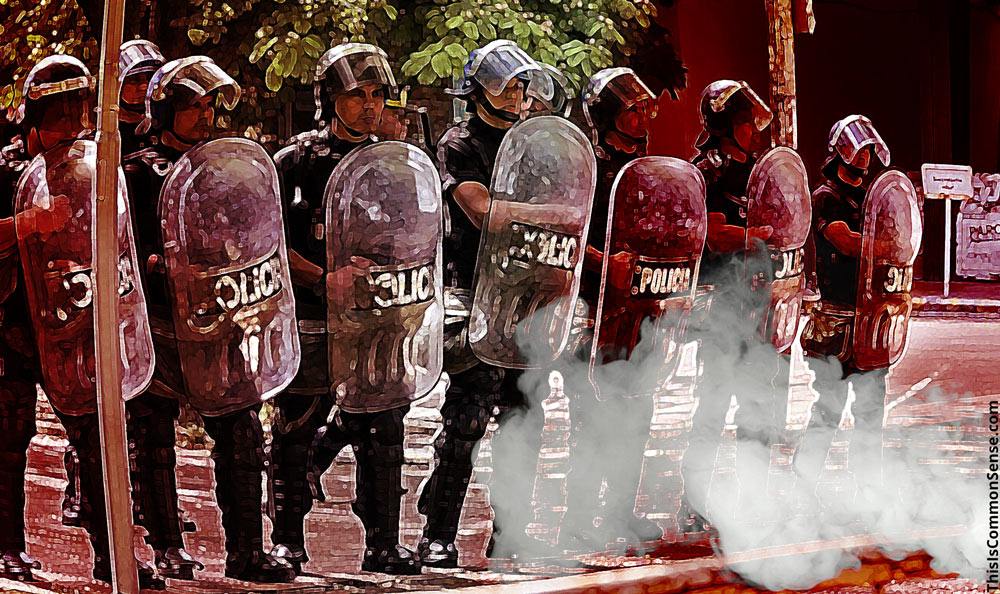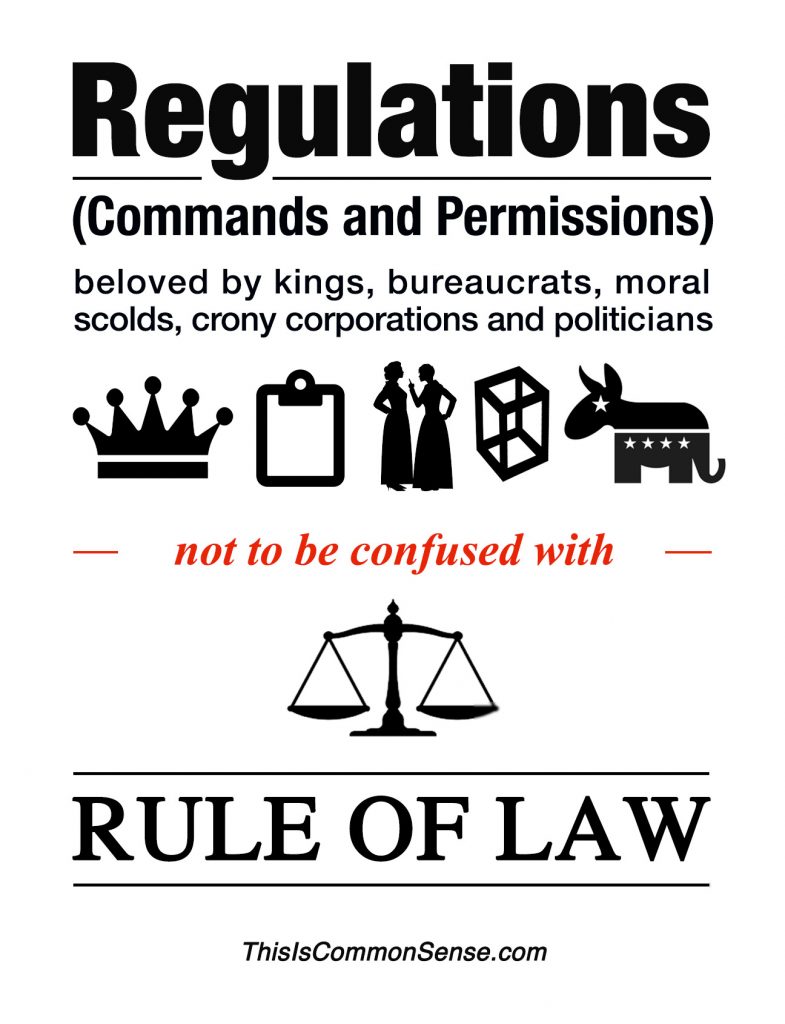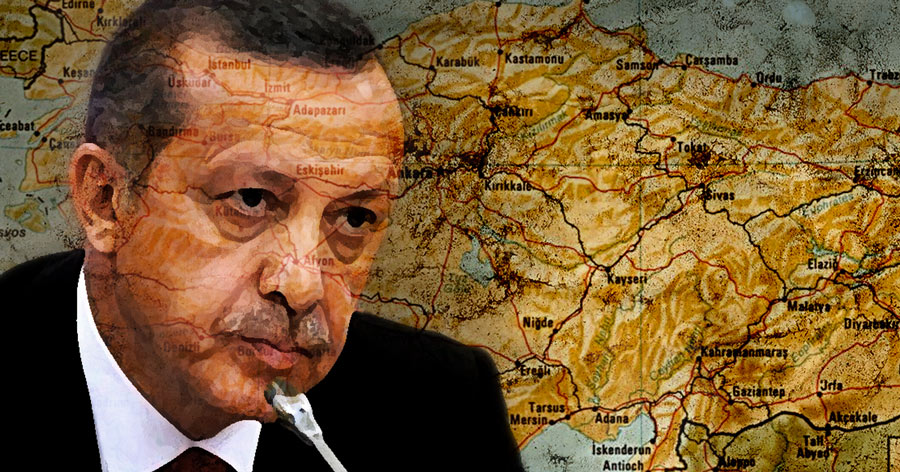“Something is going on,” writes The Washington Post’s Adam Taylor. “From Baghdad to Hong Kong, Santiago to Barcelona, sites around the world have seen major protests over recent weeks.”
What is that something?
“Global protests share themes of economic anger and political hopelessness,” reads the headline to Taylor’s article.
He’s way off.
Hope, not hopelessness, drives people to demand change.
“Income inequality seems to have added an economic insecurity that helped lead to anger and protests,” Taylor informs . . . in keeping with a consistent Post narrative.
The millions who have marched in Hong Kong didn’t take to the streets over income equality. Their five clear and reasonable demands are about justice and basic democratic citizen control of government.
The protests and violence in Catalonia stem from the central Spanish government denying self-determination and trying to bully the people by imposing long prison terms on Catalonian officials who committed the crime of holding an “illegal” referendum for independence.
Even where economic concerns are far more prominent (or the main driver of demonstrations, such as in Chile) the frustration is much less about inequality than a lack of opportunity in a stagnant and corrupt system.
“They promise changes every time we protest, but it’s not a new law or a concession that we want,” Iraqi student Ali Saleh explains. “It’s our rights. It’s a fundamental change in how we’re governed.”
The current global explosion of political unrest isn’t about income inequality or even economic insecurity alone. It is about the desire for more fundamental freedoms — economic as well as political — in an unfree world.
This is Common Sense. I’m Paul Jacob.

—
See all recent commentary
(simplified and organized)




